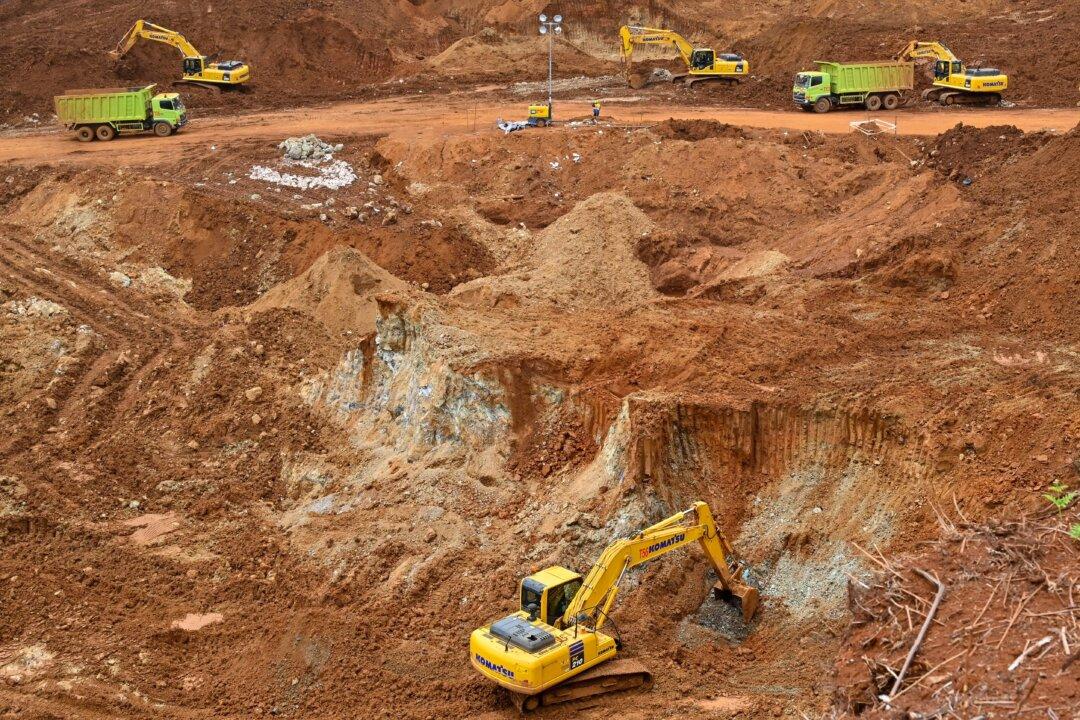In response to the evolving geopolitical tensions between the United States and China, coupled with concerns over the Chinese Communist Party’s (CCP) propensity for leveraging resources strategically, South Korea is taking significant strides to minimize its reliance on Chinese imports of crucial minerals. The country has made notable advancements in securing alternative sources for lithium and rare earth elements, crucial for modern technologies.
Recently, POSCO International, a key player in South Korea’s venture into the electric vehicle (EV) battery material sector and part of the POSCO Group, declared a landmark achievement. The company has inked deals valued at 1.16 trillion Korean won (approximately $885 million) to supply neodymium-iron-boron (NdFeB) magnets, essential for EV motors, to leading automotive manufacturers in North America and Europe.






